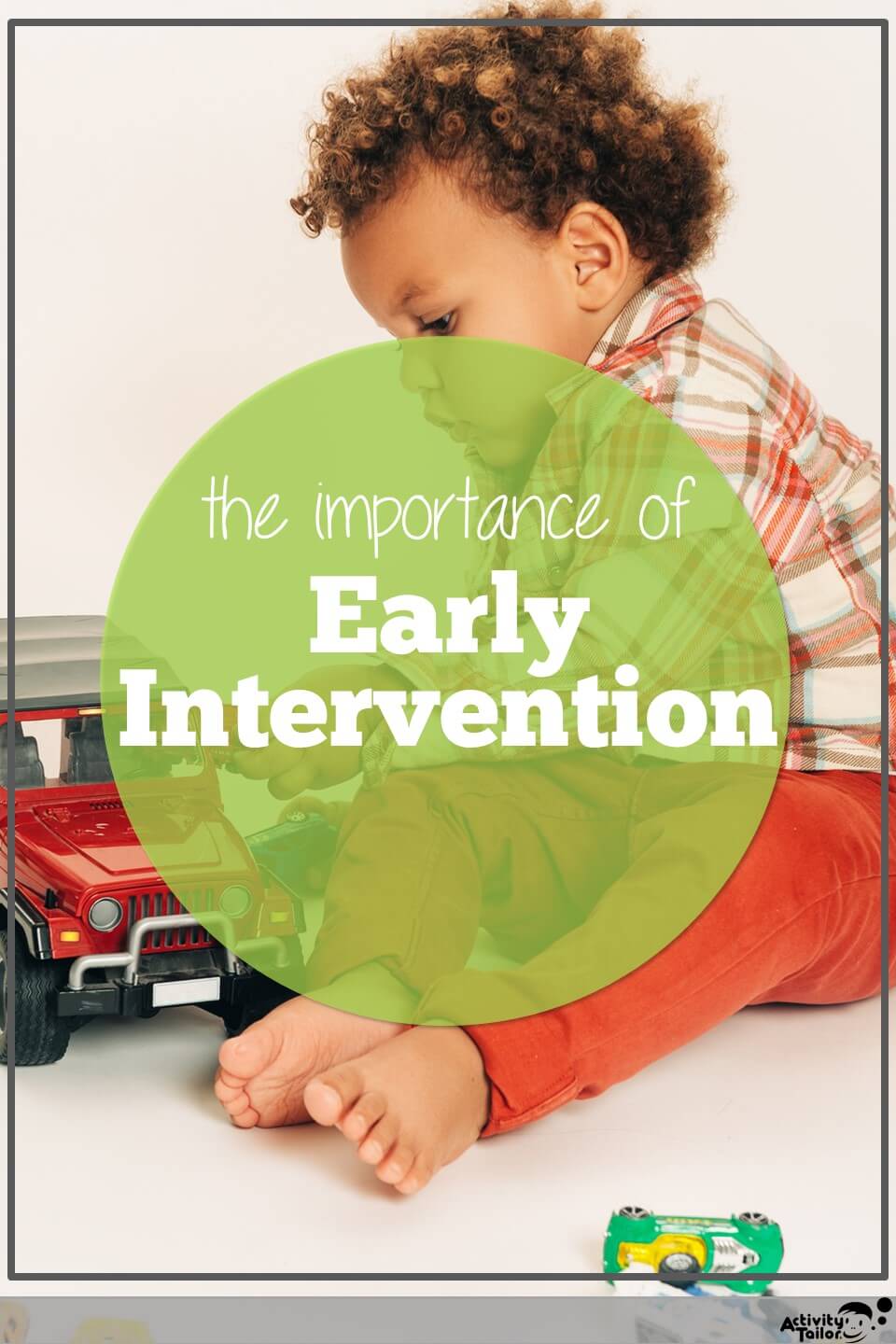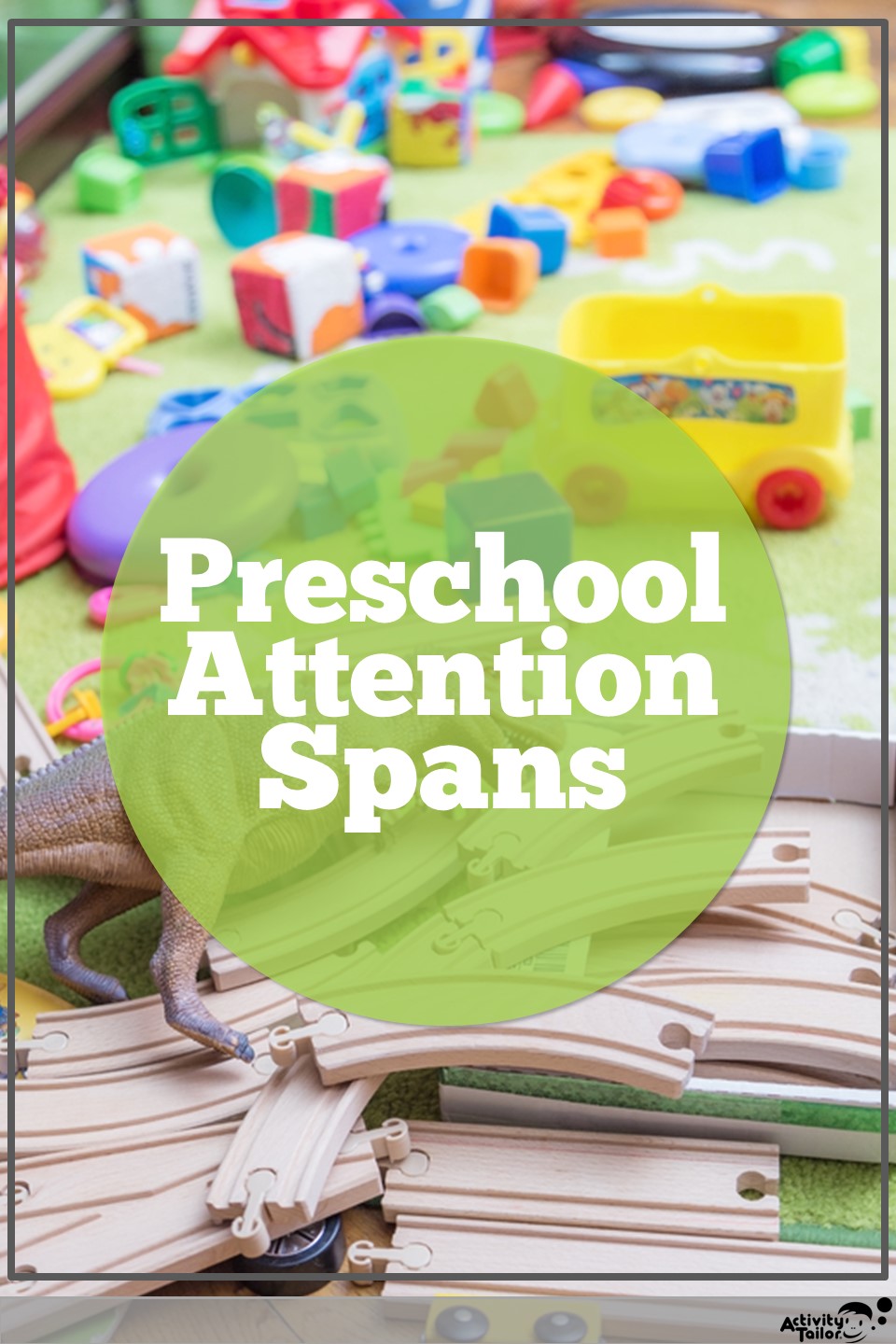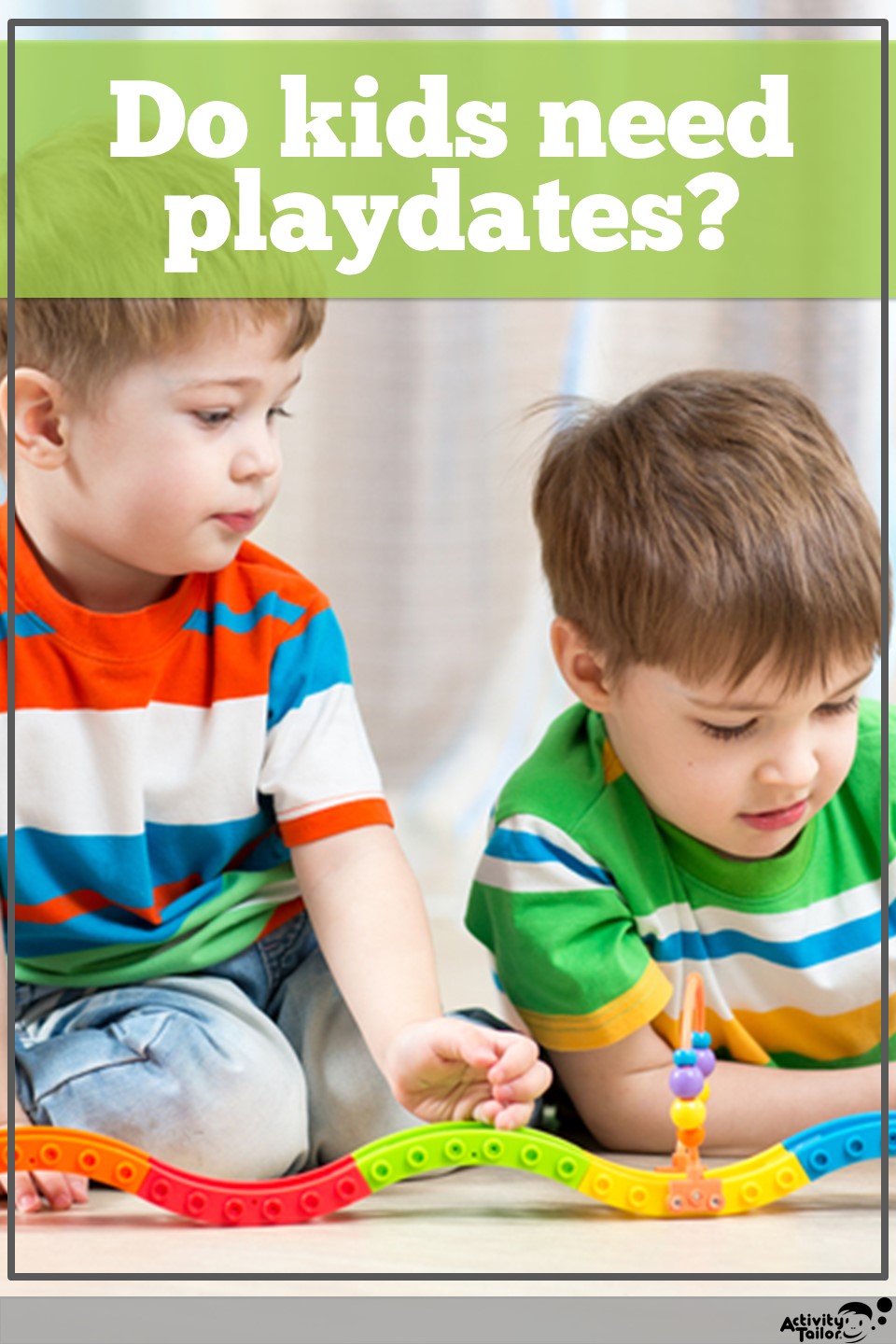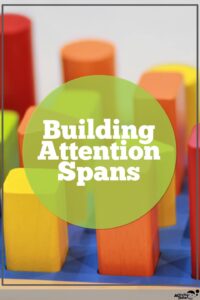
Did you know you can start building attention span even in preschool? The ability to attend is a critical foundational skill. If a child is unable to attend for a sustained period to a toy or activities, they’ll struggle to build their language or concept understanding. Down the line, lack of attention causes academic and behavior issues in the classroom.
And if we are aware that they are behind in developing their attention span, how do we go about building it?
9 Tips for Building Improving Attention Spans
Sleep and nutrition
Both of these have a huge impact on sustaining attention! An overtired or hungry child won’t be able to attend well. Try to establish consistent patterns for sleep and meals at home to maximize attention. Keep in mind that teething/ear pain that impacts sleep or “picky eater” phases may cause issues with this.
Working with your child’s internal schedule will help too. Like adults, some kids are fresher in the morning and will be able to stick with their own projects while you do your own work. Other children wake up needier and may not easily entertain themselves until the afternoon.
Routines
When your child knows what to expect and what happens next, they are more likely to stick with an activity. For instance, if you typically run errands and then stop at the playground on the way home, they will begin to anticipate that rhythm and stick with the “jobs” longer. While you may need to start small—a quick errand drive-thru errand for instance—you can gradually increase the time over the course of a few weeks.
Stay close
When you stay nearby or engage in the activity yourself, your child will be able to stick with it longer. While this means more of your time initially, building their attention span is going to help you in the long run and, eventually, you will be able to phase out your physical presence. Read your own book or magazine during a child’s independent reading time. Work on your calendar or emails while your child sits and does desk work.
Decrease distractions
Turn off the television and remove screens when it’s time to focus! Having a quieter work area that doesn’t invite lots of interruptions, whether noise or visual, can make a big difference too.
Try a timer
Older children may be motivated to stick with a task if they can see a countdown (check out this clock that I use with students!). Others may be keen to try and “beat” their time by staying with a task a minute longer than the day before.
Get moving
Exercise can be used in two ways—as a brain break and as a way to regulate the body. If your child is working on a particularly difficult project, encourage to get up and move for 5 minutes to improve their attention. Try a quick dance party, some jumping jacks or a run around the yard.
Reading aloud
Books develop so many skills and attention is one of them! You don’t need to read all the words on the page or even read every page to start. Find books that interest them and see if you can gradually increase the time they’ll sit and read with you. Giving them a job like turning the page can help!
Close-ended toys
Toys that have an “end” like stacking rings, lacing beads, shape sorters encourage children to stick with it until completion. For older children, board games and puzzles can build perseverance and attention.
Crafts and projects
Older children can work on fun and creative crafts like beading necklaces, making models from clay or dough, maybe sewing or knitting. They might build a fort out of an old box or create a puppet show for the family. Again, these are activities that encourage completion and build attention as a result.
Note: it’s not unusual for children to bite off more than they can chew when it comes to these kind of projects. It will help boost their confidence in the ability to see it through to completion if you help them select crafts/projects you feel are within their abilities first.
Remember, you don’t need to entertain your child all day long. Giving them the opportunity to (safely) entertain themselves is a skill they need! Building their attention span can help with this!
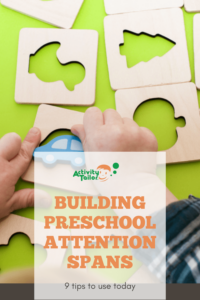
Looking for more information on this topic? Try the Building Attention Spans webinar with tips on specific toys and bonus shopping list.


